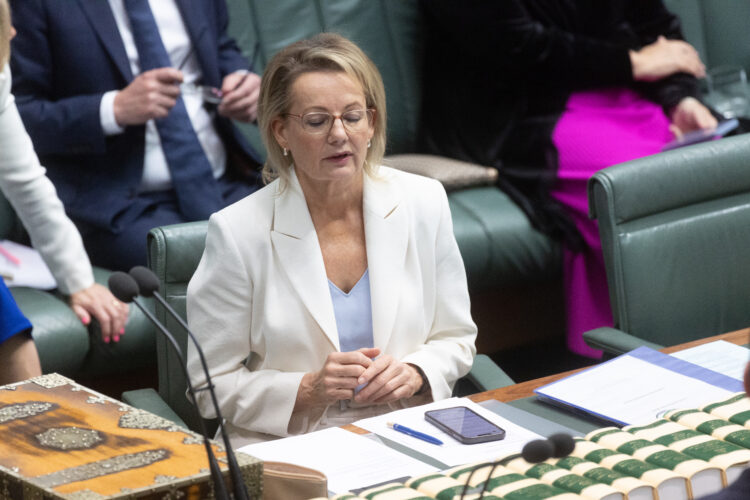Critical minerals: Is Australia a power player or a passive participant?
Late last week ABC Brisbane’s Ellen Fanning interviewed Assistant Treasurer Andrew Leigh about his talk to a mining industry conference. The transcript has just gone up on Andrew Leigh’s site.
Andrew Leigh’s answers were both shocking and unsurprising, and give a good insight into why the government is failing on mining, green minerals, etc.
Fanning had already quizzed the Assistant Minister on why Australia was getting so little money for gas exports and then pushed him on whether “we will get what we’re owed for our critical minerals?”

To respond that “it’s just a great opportunity to be part of these supply chains” shows that Leigh and the Government don’t get it. Being “a part of the supply chain” is enough for them. Just having the big countries buy stuff from us “makes us a power player” apparently.
Nonsense. The great opportunity is to make a lot of money and to develop new, clean industries in Australia. This will require a match-fit tax and royalty system, big public investments and a government that will stand up to the companies and governments that want Australian resources on the cheap, at any environmental cost.
Being a “power player” in resource markets requires using the power you have. Giving gas away, giving coal away and weakening environment laws to suit mining companies are not the actions of a power player.
Look at Saudi Arabia and Colombia. They do not just sit back and “be a part” of supply chains. They throw their weight around. Saudi Arabia just about derailed climate talks to keep their oil money coming in. Colombia used its position in coal markets to pressure Israel on genocide, which Australia then undermined.
That is how power players act. And if Australia is to get what it is owed for “critical” minerals, Australian governments will need to take note.

